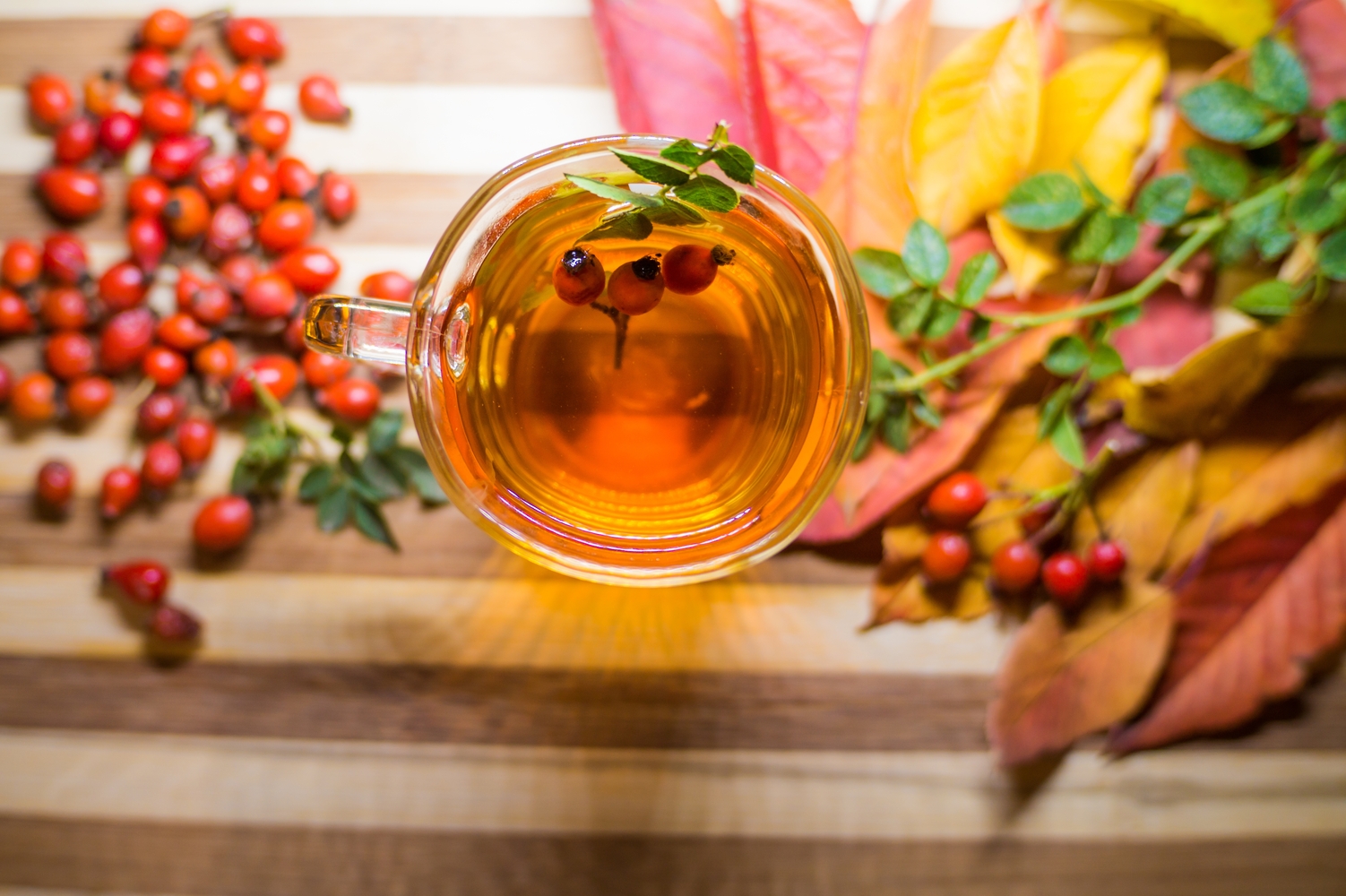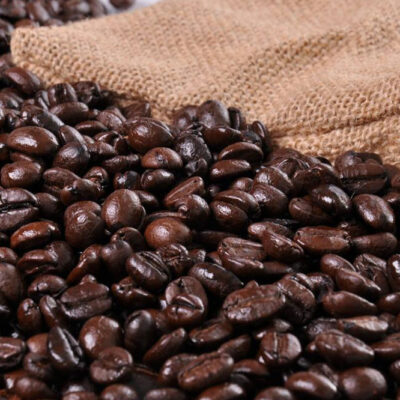
Natural vs. Medical Ways to Treat Cold and Flu
As the seasons change, cold and flu become a common occurrence. Medical treatments for cold and flu typically include over-the-counter medications, such as pain relievers, decongestants, and cough suppressants. These medicines can provide relief and daily immune support from symptoms such as fever, body aches, nasal congestion, and cough. Some of these medications can be purchased with a coupon for cold and cough medicine, which can help reduce the cost of treatment. In this listicle, we will compare natural ways of treating cold and flu with medical treatments and explore the benefits and drawbacks of each approach to help you decide which one is right for you:
1. Vaccinations
Vaccinations are one of the most effective ways to prevent flu infections. The mRNA vaccine, for example, has been shown to be highly effective in preventing COVID-19, which is a respiratory illness. In addition, flu vaccines like Fluzone Quadrivalent and Fluad Quadrivalent can help prevent flu infections. Getting vaccinated is particularly important for those who are at high risk of developing complications from the flu, such as the elderly and those with underlying health conditions.
2. Herbal tea
Herbal teas can be a soothing and comforting way to alleviate cold and flu symptoms. Chamomile tea, for example, has anti-inflammatory properties that can help reduce inflammation and promote relaxation. Ginger tea can help soothe sore throats and reduce nausea. Elderberry tea has antiviral properties that can help boost the immune system and reduce the severity of symptoms.
3. Over-the-counter medications
Over-the-counter medications can provide relief from a variety of cold and flu symptoms. Pain relievers like acetaminophen or ibuprofen can help reduce fever and alleviate body aches. nasal spray and decongestants like pseudoephedrine or phenylephrine can help reduce nasal congestion. Cough suppressants like dextromethorphan can help alleviate cough. However, it’s important to follow dosage instructions carefully and to talk to a healthcare provider before taking these medications, particularly if you have underlying health conditions.
4. Hearty soup
A bowl of hearty soup can be a nourishing and comforting way to promote healing. Chicken soup, in particular, has been shown to have anti-inflammatory properties that can help reduce cold and flu symptoms. The warm broth can also help soothe sore throats and reduce congestion. Adding vegetables like carrots, onions, and garlic can provide additional vitamins and minerals that can help boost the immune system.
5. Prescription medications
For those who are at high risk of developing complications from the flu, prescription medications like Fluzone Cold Pneumonia Medication can help reduce the risk of developing pneumonia. Prescription medications can also be used to treat severe symptoms like high fever or severe cough. However, these medications should only be taken under the guidance of a healthcare provider.
6. Foods high in vitamin C
Foods high in vitamin C, like citrus fruits, kiwi, and leafy greens, can help boost the immune system and reduce the severity of cold and flu symptoms. Vitamin C is a powerful antioxidant that can help protect cells from damage and promote healing. It’s important to include a variety of fruits and vegetables in your diet to ensure that you’re getting a range of vitamins and minerals that can help support overall health.
In conclusion, both natural and medical treatments can be effective in treating cold and flu symptoms. All of the listed methods can provide relief from symptoms and promote healing. Consult with a healthcare provider to determine the best course of action for your specific needs.


